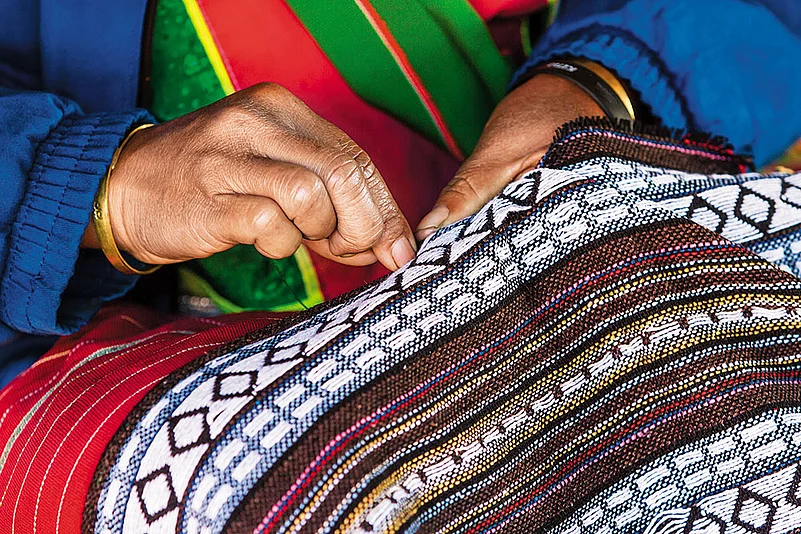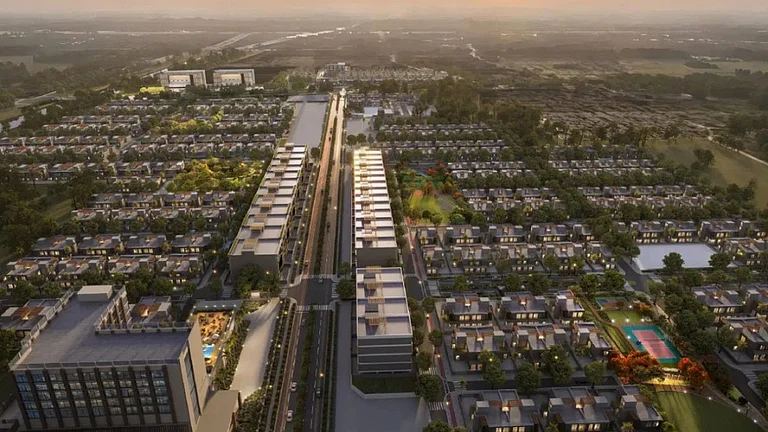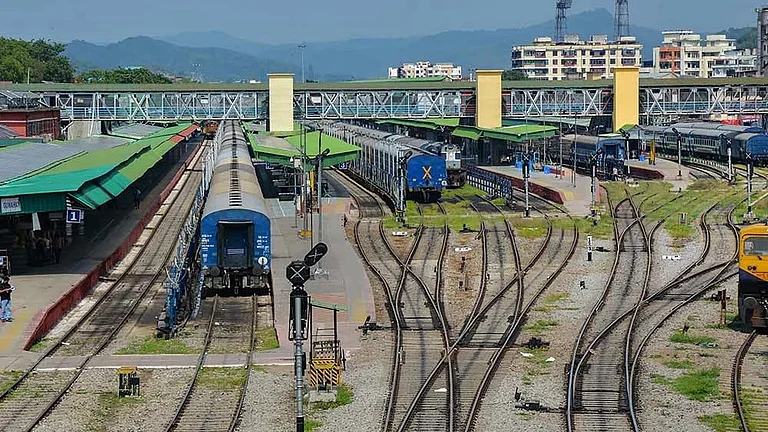Policy Push for Textiles
The Gujarat government has revised its textile policy, extending incentives to units located in Gujarat Industrial Development Corporation-notified areas in cities. Benefits include capital subsidies of 10–35% of fixed investment capped at ₹1bn, credit-linked interest subsidies of 5–7% for up to eight years and fiscal support for labour-intensive units. To boost employment, the policy offers payroll assistance, along with ₹5,000 training support for three months, strengthening the state’s textile sector.
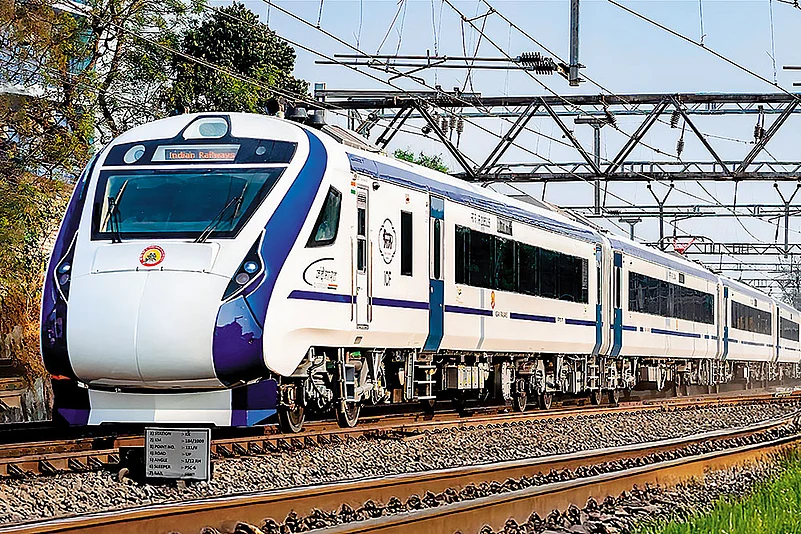
Bridging North Karnataka
India’s 71st Vande Bharat Express, linking Belagavi with Bengaluru, has been inaugurated. The train will cover the 606-km stretch in around 8.5 hours, operating six days a week. Equipped with onboard Wi-Fi, infotainment, executive-class seating and the Kavach safety system, the service is expected to enhance business connectivity and tourism between northern Karnataka and the state capital.
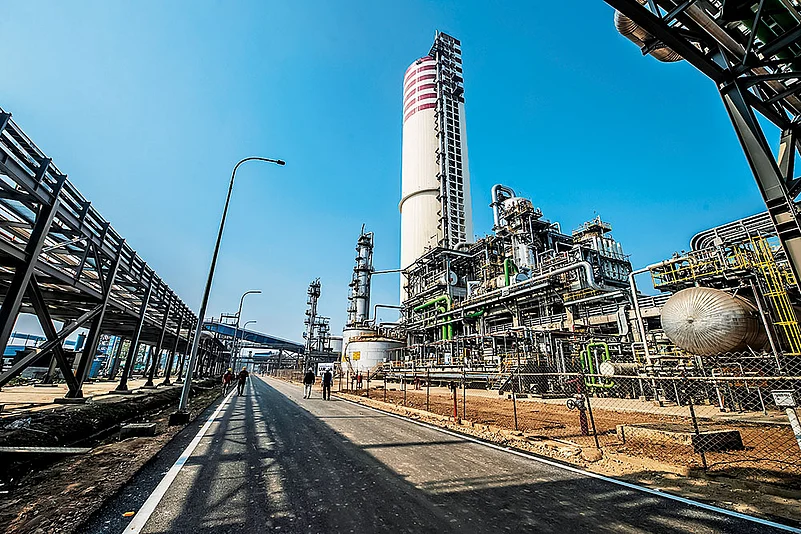
Industrial Growth Drive
The Uttar Pradesh government has cleared a new MSME Industrial Estate Management Policy aimed at promoting industries through fair land allocation, improved infrastructure and transparent processes. The policy reserves 10% of industrial plots and sheds for SC/ST entrepreneurs. Facilities will include power substations, training centres and eco-friendly parks, and aim to meet global standards.
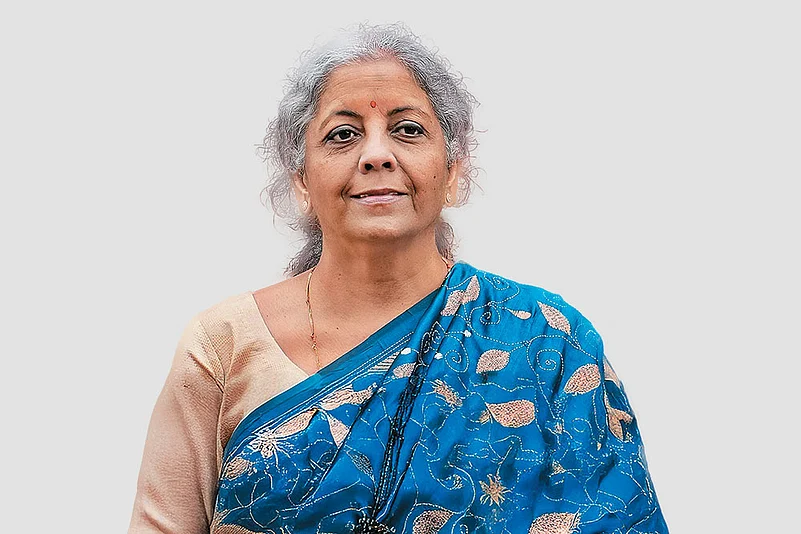
Manipur Budget Cleared
The Lok Sabha has passed Manipur’s ₹30,970 crore Budget for 2025–26, along with the Manipur GST (Amendment) Bill, 2025, despite Opposition protests. Presenting the budget under Article 356, Finance Minister Nirmala Sitharaman called it a “constitutional necessity”. The Budget includes ₹2,898 crore in central support, with ₹1,667 crore earmarked for capital expenditure and ₹1,231 crore for revenue expenditure.
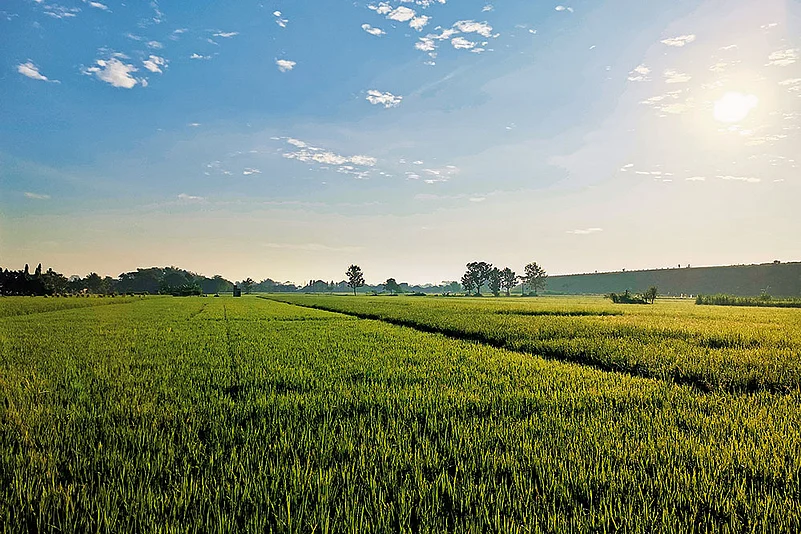
Land Policy Axed
The Punjab cabinet has formally scrapped the land-pooling policy introduced in May. The decision follows strong opposition from farmers and political parties, as well as a four-week interim stay by the Punjab and Haryana High Court. The policy had sought to acquire about 65,000 acres across 164 villages, offering residential and commercial plots in exchange for farmland. Officials have said that all actions taken under the now-withdrawn policy will be reversed.

J&K Building Guidelines
Jammu and Kashmir’s Rural Development and Panchayati Raj Department has released a draft of rural building bye-laws. Constructions have been divided into three groups: residential houses, commercial buildings and other structures, including group housing, industrial complexes, government buildings, schools, hospitals and telecom towers. Most projects will require technical clearance from a town planner, except commercial units under 100sq m.
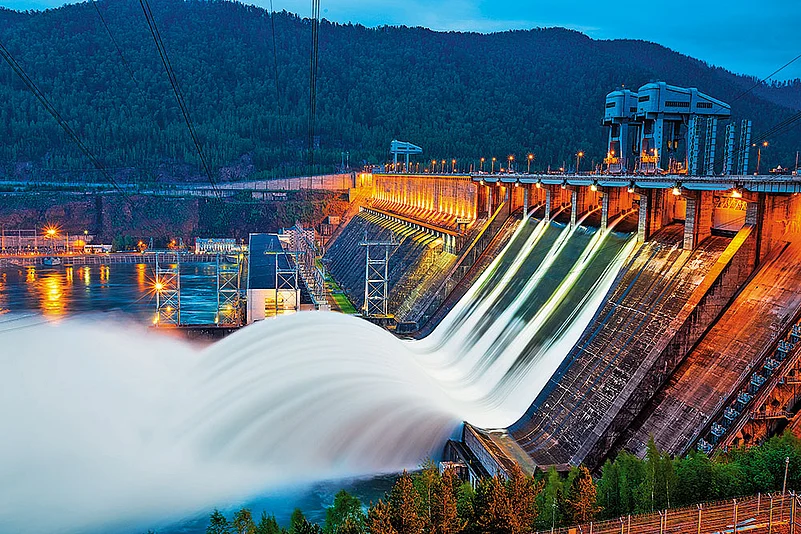
Hydropower Growth Momentum
Arunachal Pradesh Chief Minister Pema Khandu has described the state as the “emerging hydropower capital of India”, citing its 56,000MW potential to drive growth and community welfare. He noted that the 600MW Kameng project is operational, the 2,000MW Subansiri Lower project is nearing completion and the 2,880MW Dibang project, India’s largest, is progressing steadily.
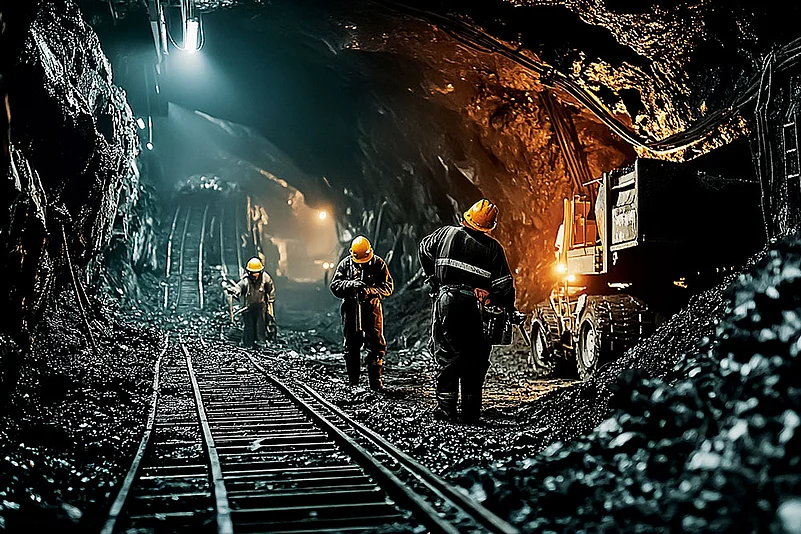
Back in Operation
Meghalaya has resumed coal mining after a decade-long ban imposed by the National Green Tribunal in 2014 over unsafe rat-hole practices and environmental damage. Mining has restarted under a regulated, scientific framework aimed at ensuring safety and sustainability. The Saryngkham coal block in East Jaintia Hills, followed by the Pyndengshahlang block in West Khasi Hills, began production after receiving statutory clearances. The move is expected to revive Meghalaya’s economy.
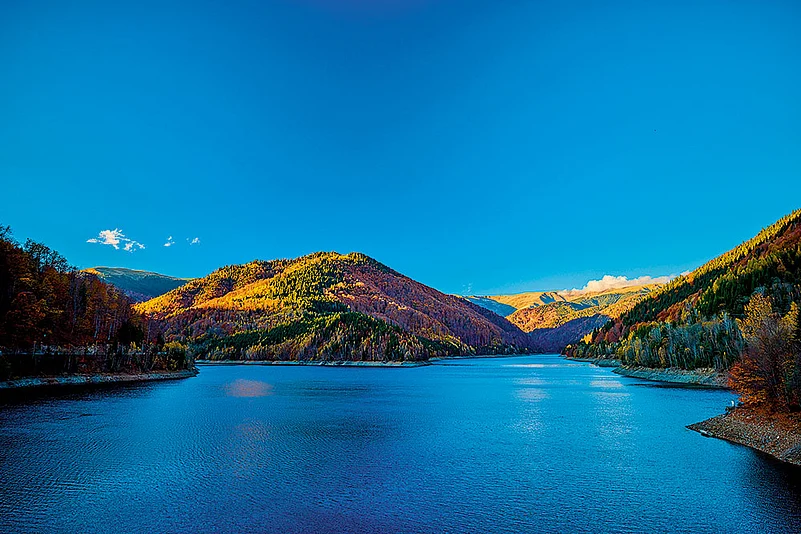
Tourism Boost for TN
Tamil Nadu Chief Minister MK Stalin has unveiled tourism and civic projects worth over ₹134 crore across Chennai and neighbouring regions. The initiatives include upgrades at Gundaru Dam, Yelagiri and Poondi Reservoir, a new block at Egmore Museum and Chennai Metropolitan Development Authority projects. The Vergalai Thedi scheme for children of non-resident Tamils also flagged off its fourth batch of diaspora youth for a 15-day cultural immersion tour.
Blueprint for the Future
Telangana Chief Minister A Revanth Reddy has unveiled the Telangana Rising-2047 agenda, setting out ambitious infrastructure goals. The plan includes rejuvenation of the Musi river, metro-rail expansion, two new airports, dry ports, industrial corridors and heritage-linked civic projects. The state is targeting becoming a $1trn economy by 2035 and $3trn by 2047.
(Compiled by Devabrata Dutta, Tarunya Sanjay and Vikash Tripathi)





